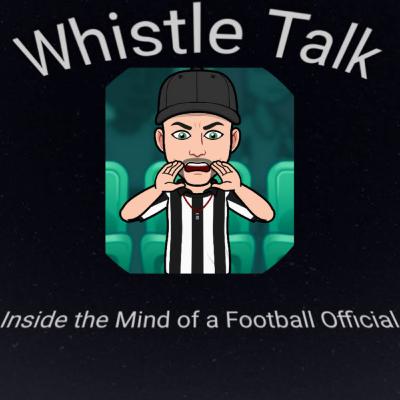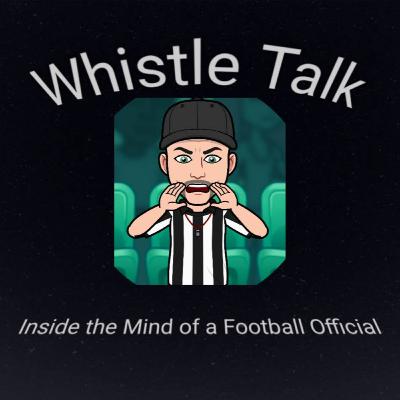Inadvertent Whistles, Every Officials Nightmare
Description
In this episode of Whistle Talk, Michael D and Daniel Chamberlain delve into the complexities of inadvertent whistles in football officiating. They discuss personal experiences, the emotional impact of games, and the rules surrounding inadvertent whistles, including how they affect gameplay and the options available to teams. Through case studies and examples, they highlight the importance of understanding the rules and the human element involved in officiating. The conversation emphasizes the need for officials to see the ball and manage the game effectively, while also addressing the challenges and nuances that come with being a referee.
Inadvertent whistles are a significant concern for officials.
Understanding the rules surrounding inadvertent whistles is crucial.
The whistle does not end the play; the play ends itself.
Officials must see the ball before blowing the whistle.
Communication among officials is key to managing the game.
Inadvertent whistles can lead to emotional moments in games.
Coaches and players need to understand the implications of inadvertent whistles.
The human element in officiating can lead to mistakes.
Officials should avoid blowing the whistle during critical plays.
Training and experience help officials handle inadvertent whistles better.
Chapters
00:00 Introduction to Whistle Talk
00:43 Emotional Games and Reflections
01:42 Understanding Inadvertent Whistles
04:24 The Nightmare of Inadvertent Whistles
05:47 Handling Inadvertent Whistles
08:36 Case Studies on Inadvertent Whistles
11:06 Replay Options After Inadvertent Whistles
14:33 Loose Ball Scenarios
18:57 Legal Forward Pass and Kick Scenarios
24:08 Understanding Inadvertent Whistles in Football
27:00 Momentum Exception and Its Implications
28:54 Navigating Penalties and Inadvertent Whistles
32:22 First Touching and Its Importance
33:47 Clock Management During Inadvertent Whistles
35:42 Unusual Circumstances in Football Rules
37:56 Key Takeaways on Inadvertent Whistles






